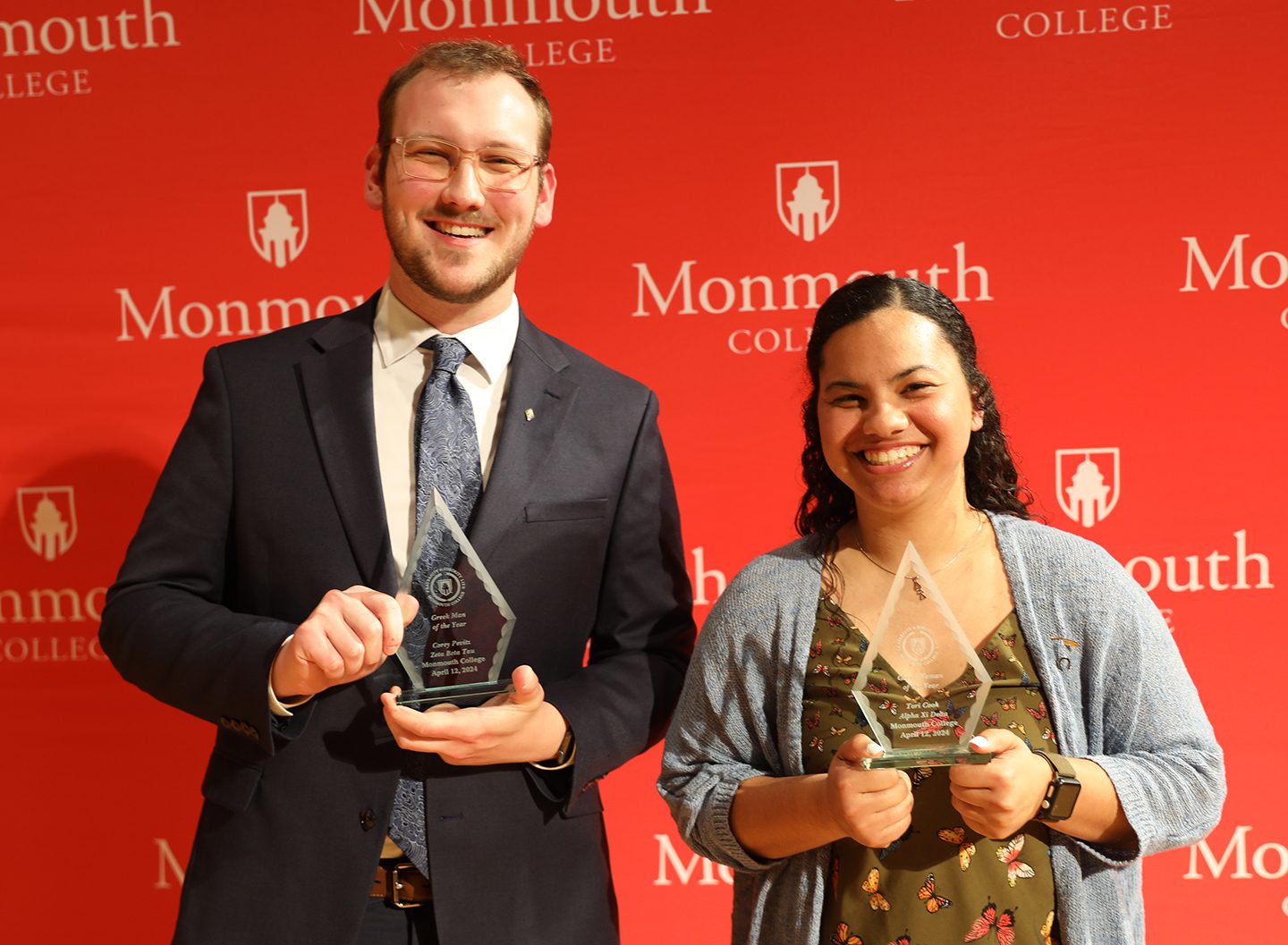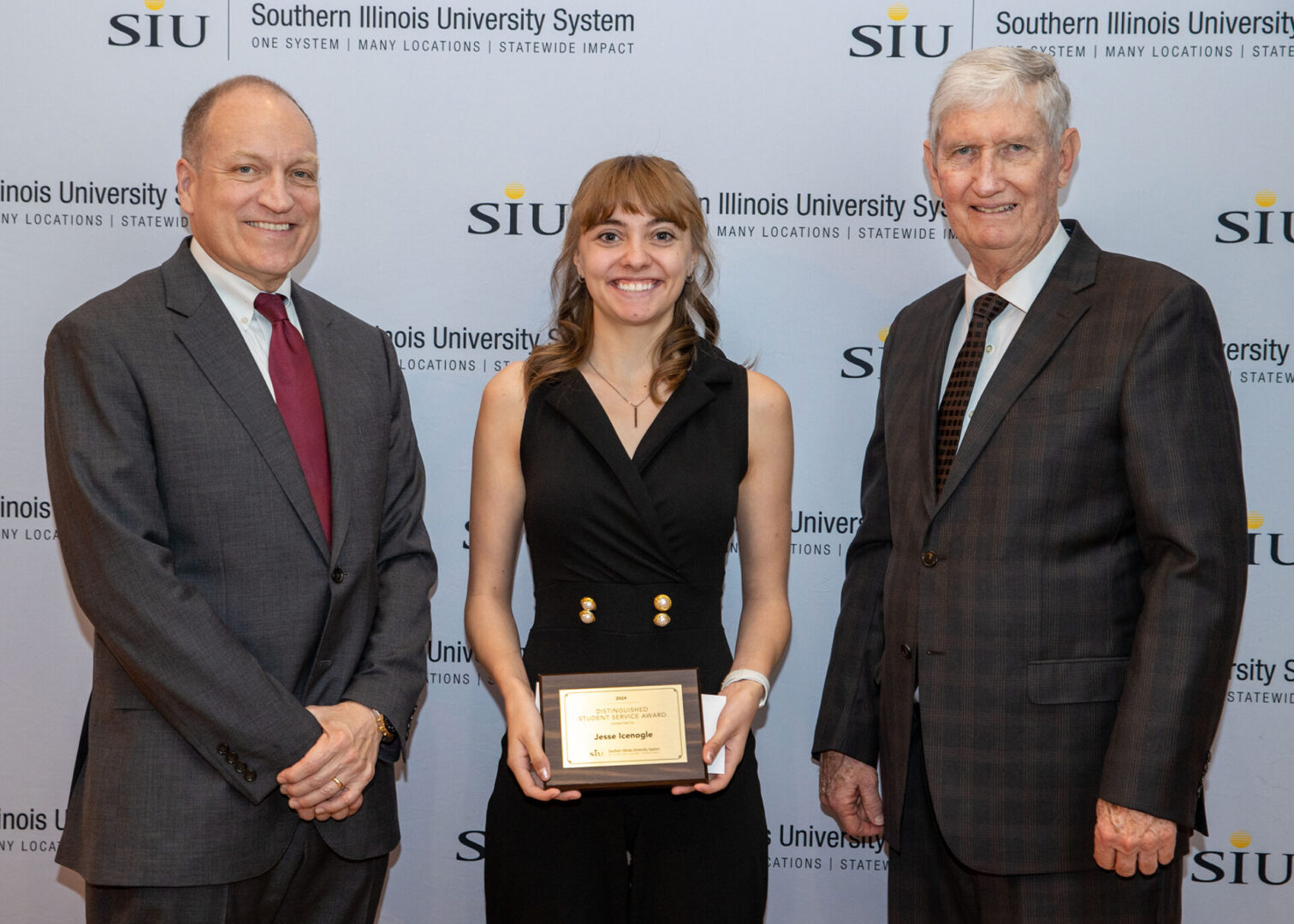MONMOUTH ATTORNEY BUILT BRILLIANT LEGAL CAREER IN IDAHO
Prior to the opening of the Erie Canal in 1825, New York stood at the edge of America’s western frontier. Completion of the canal project suddenly opened up the Northwest Territory for settlement, and a stream of New Yorkers began to flow into Illinois, which represented the new western frontier.
James Clark Morgan, a farmer and justice of the peace in Hamburg, N.Y., was one of those settlers, who in 1843 set out for Monmouth, Ill., with his wife, Penelope, and six children. One of those children, 13-year-old John T. Morgan, would grow to manhood in Monmouth and become one of its leading attorneys, before again heading west to help build a newer frontier.
Raised on a Monmouth farm, young John attended the local public schools, following which he taught school for a time to further his own education. In 1852, he enrolled in the Illinois Liberal Institute (later Lombard College) in Galesburg, where he remained two years. He then read and studied law in the Monmouth office of Eleazer Paine, before journeying back to New York, where he earned a bachelor of laws degree in 1856.
In 1858, Morgan married Maria Harroun of Pennsylvania, a college sweetheart. They would have four children.
For six years, Morgan practiced law in Monmouth with Eleazer Paine, but when the Civil War broke out, Gov. Richard Yates commissioned him to raise a company, and he was elected captain of Company F, Illinois 83rd Infantry, in August 1862. His partner, Paine, would become a prominent but controversial brigadier general in the Union Army—charged with war crimes, but acquitted. Capt. Morgan served most of the war as provost marshal at Clarkville, Tenn., where he had charge of contraband goods and abandoned property.
Upon being mustered out in 1865, Morgan resumed his law practice in Monmouth. The same year, he bought 12 acres of land atop what would later be called Brewery Hill and constructed a 10-room house at 922 East Euclid Ave. (It would later become the chapter house of Pi Beta Phi fraternity, and was razed in 2014 to make way for the current Pi Beta Phi house.)
Morgan’s law practice and legal reputation grew rapidly. In 1867, he was appointed registrar in bankruptcy, handling bankruptcy cases for the Northern District Court of Illinois. Active in Republican politics, he was elected a member of the Illinois House of Representatives in 1870, and in 1874 was elected to the State Senate.
In 1879, through the intervention of Illinois senator John A. Logan, Morgan was appointed by President Rutherford B. Hayes as chief justice of the supreme court of Idaho territory. In early July, he took the CB&Q train to Omaha, then the Union Pacific to Ogden, Utah, where he stopped for two days to learn something about Idaho. He then took the Central Pacific train to Kelton, Utah, where he boarded a stage to Boise City, a trip of 250 miles that took three days.
At Boise, Morgan was welcomed by several judges and lawyers, who informed him the first term of the district court was to be in Salmon City, 250 miles away. It could be reached by rail and stage, but that would require traveling 700 miles. Instead, they took saddle horses and pack horses to carry their provisions. To protect against hostile Shoshone Indians in the mountains, each man carried a revolver, carbine or shotgun. They slept on the ground and lived off grouse, deer, trout and salmon, all of which were plentiful. Although it was July, they passed over snow 20 feet deep that was crusted hard enough to support their horses.
The court in Salmon City lasted three weeks, and Morgan was pleased to discover it was run precisely like the circuit court in Illinois. Returning to Boise City, a term of the supreme court was held, presided over by Morgan and two district judges. At that time, the Idaho territory comprised 84,000 square miles and had only about 30,000 residents. One county in Morgan’s district was 225 miles by 75 miles in area. Morgan held court in six counties for six years, covering a territory as large as the state of Illinois. Once a year, he and the two district judges met in Boise for a term of the supreme court.
In 1884, Morgan was removed from the court by the newly elected Democratic president Grover Cleveland. He opened a law office and entered upon a lucrative practice, attending the same courts over which he had previously presided.
Morgan also established a banking company in Blackfoot, Idaho, but in 1885 the former bankruptcy attorney’s bank went bust. Unbeknownst to Morgan, the cashier— former Monmouth resident Lowell Holbrook—was a con man. He had come to Idaho four years earlier under the guise of a Baptist minister, but decided banking would be more conducive to supporting his habit as a playboy. Soon he was supplying the women of Blackfoot with jewelry and furs, while also racing and betting on horses. When Morgan discovered he had been making false entry into the books, Holbrook escaped to Canada.
During the mid-1880s, Morgan became active in the Anti-Mormon Party of Idaho. With the GOP holding a slight majority in the territorial legislature, members of the party realized they could increase their voting share by using the Democrats’ Mormon affiliation against them. Seventeen percent of Democratic voters were Mormon, and although less than 1 percent of the Mormons practiced polygamy, the Republicans used polygamy as a weapon to turn the Idaho Democrats against the Mormons.
Congress had earlier passed the Edmunds Act, declaring polygamy a felony, and Idaho knew that in order to be granted statehood it would need to disenfranchise Mormons. The Anti-Mormon party gained control of the legislature in 1884, and established a Test Oath, which prohibited Mormons from voting, holding office or serving on juries.
When a movement for Idaho statehood began in 1889, Morgan was appointed to the convention to frame the state constitution. After the state was admitted the following year, he was elected a supreme court justice and served a term of six years, before returning to private practice.
Throughout his later years, Morgan’s life revolved around the law. In 1895, his youngest daughter, Grace, married James M. Stevens, an Idaho district judge. In 1903, Morgan’s son Ralph, who was born and raised in Monmouth, was elected an Idaho district court judge. In 1906 and 1907, Morgan returned to the Monmouth courtroom on several occasions, prosecuting a law suit on behalf of his brother James, who still lived in Monmouth. He was also the complainant in another suit and successfully defended himself against a libel charge by the defendant.
In 1910, while sitting in his Boise law office, Morgan suffered a stroke and his wife discovered him unconscious. He was taken to his residence, where he died on Sept. 7. He was buried in a Boise cemetery.
For Maple City Memories, I’m Jeff Rankin.














